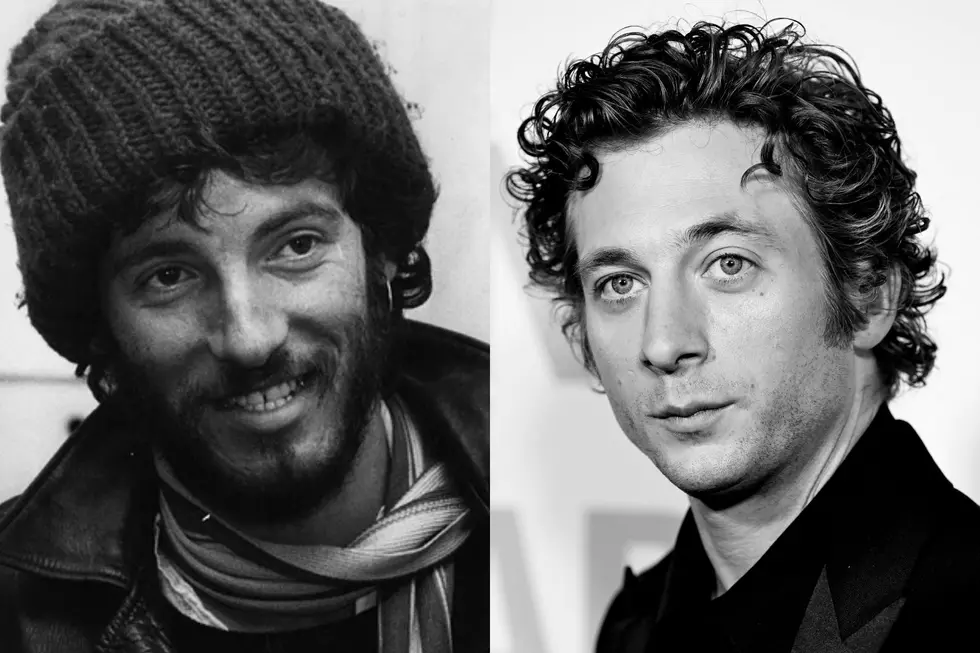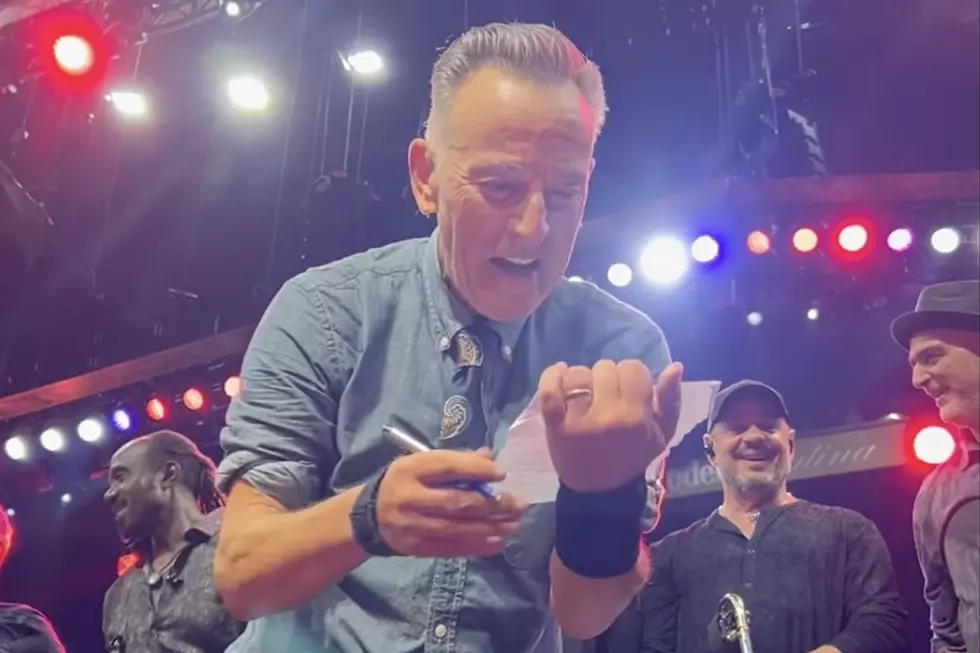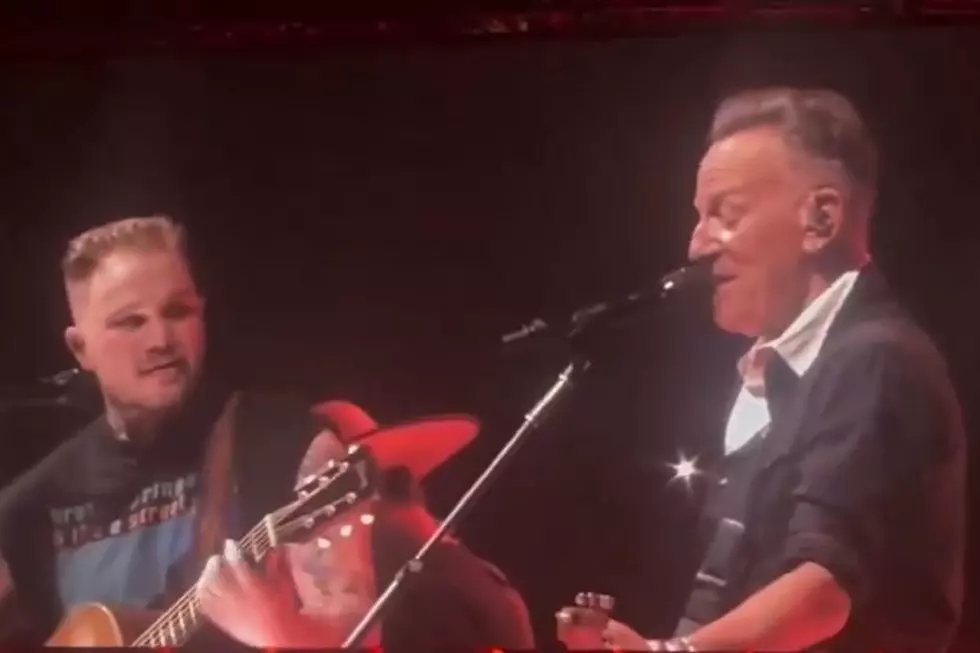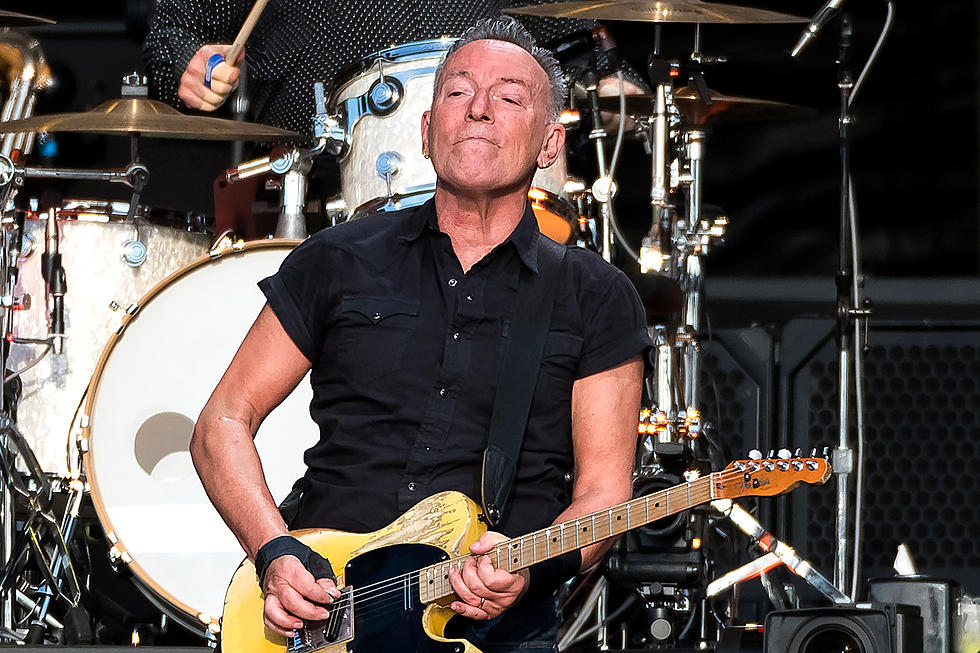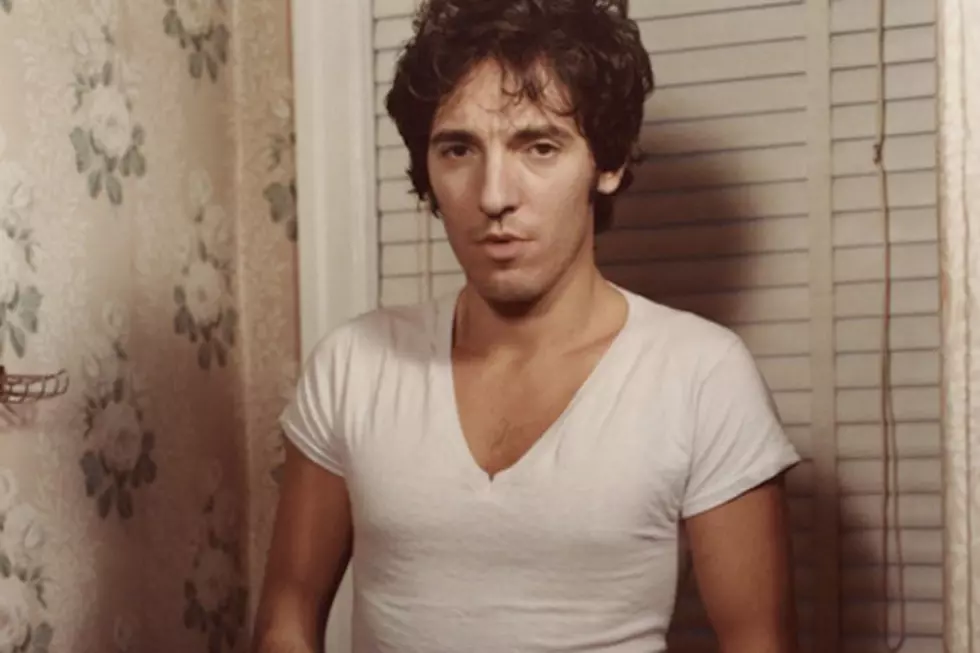
45 Years Ago: Bruce Springsteen Battles Back Against the ‘Darkness’
After two acclaimed but commercially under-appreciated albums, Bruce Springsteen finally achieved the mainstream success he wanted with 1975's Born to Run. But he learned about the darker side of his dreams when it came time to record Darkness on the Edge of Town, which didn't arrive until June 2, 1978.
The delay came as a result of a bitter legal dispute with manager Mike Appel. Born to Run may have been a hit, but Springsteen's contract with Appel's Laurel Canyon Productions paid him minimum royalties and none of the publishing rights. Springsteen filed suit in July 1976 to break the contract, and Appel countersued, getting an injunction preventing him from entering a recording studio. The litigation was settled out of court in May 1977, and Springsteen was now free to record again, this time with Jon Landau, his new manager.
Sessions began only a week after the settlement, but initial sessions at New York's Atlantic Studios didn't go well, largely as a result of an inability to get a suitable drum sound. By September, they had moved to the Record Plant, and continued through January 1978.
Then came the process of figuring out which of the 52 songs they committed to tape would wind up on the album. Many of the tracks reflected Springsteen and the E Street Band's roots in '60s pop and soul. But Springsteen wanted a darker, grittier album and removed all the upbeat songs from consideration.
Listen to Bruce Springsteen's 'Badlands'
He gave "Fire" to Robert Gordon, "Don't Look Back" to the Knack (who left it off their debut album) and an unfinished "Because the Night" to Patti Smith, which she completed and took to No. 13 on the charts. Two other songs, "Hearts of Stone" and "Talk to Me," were later recorded by his good friend Southside Johnny. A good portion of these songs were eventually released on 1998's Tracks box set and the 2010 Darkness on the Edge of Town reissue box set.
What remained was a stripped-down, guitar-based rock album that was miles removed from the urban romanticism of Born to Run. In its place were the small towns, factories and deserted highways of rural America, where life lessons come at a price and lead to a struggle for one's soul.
This is reflected in songs like "Badlands," "Something in the Night," "Racing in the Street" and the title track. Springsteen's own issues with his father's struggles were manifest in "Adam Raised a Cain" and "Factory," and a desire to connect with the American ideal wound up in "The Promised Land." Springsteen would continue to revisit these themes throughout his career, including on his 2012 album Wrecking Ball.
Released one week after his latest tour started, Darkness on the Edge of Town reached No. 5 on the Billboard album chart. Its two singles, however, did not fare as well. "Prove It All Night" hit No. 33 and "Badlands" just missed the Top 40. But many of its songs remained highlights of Springsteen's concerts.
Legends Who Never Had a No. 1 Single
Why Bruce Springsteen Called Killers Collaboration ‘Cathartic’
More From Ultimate Classic Rock
